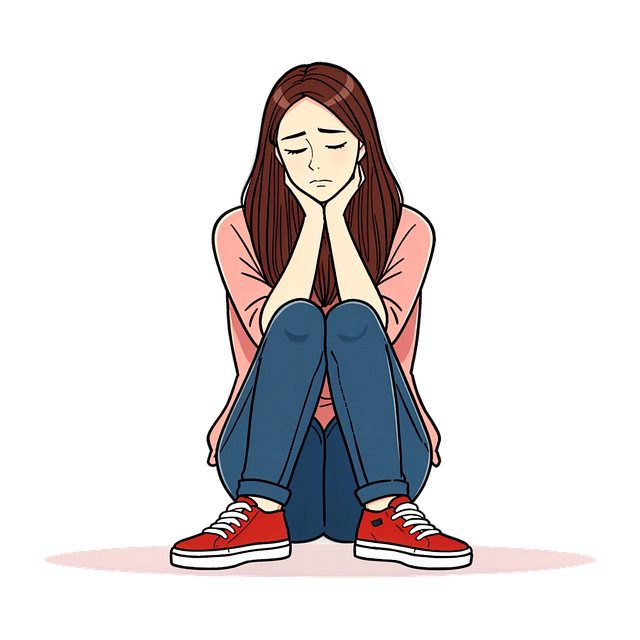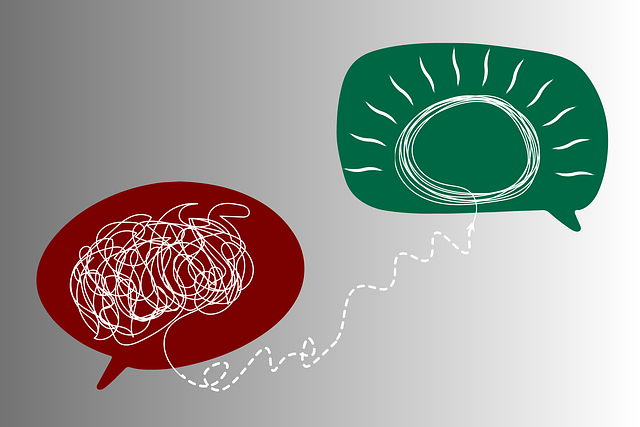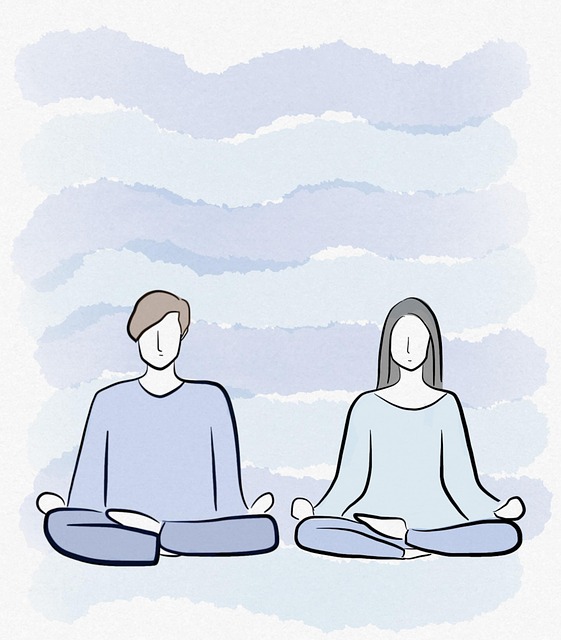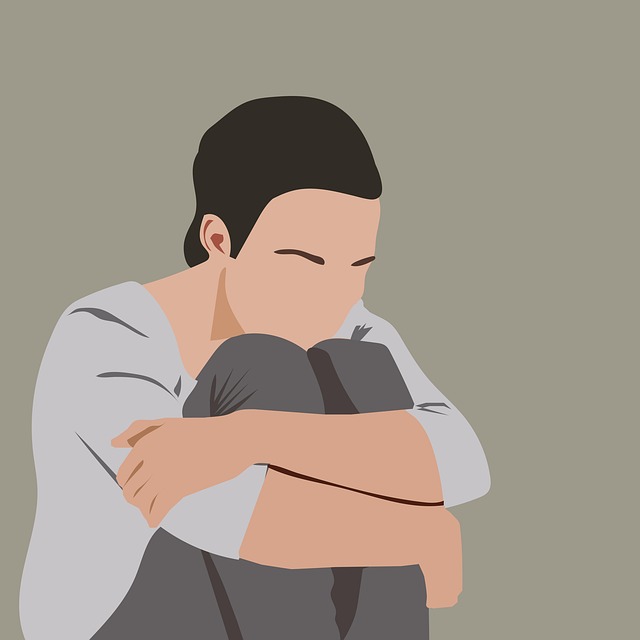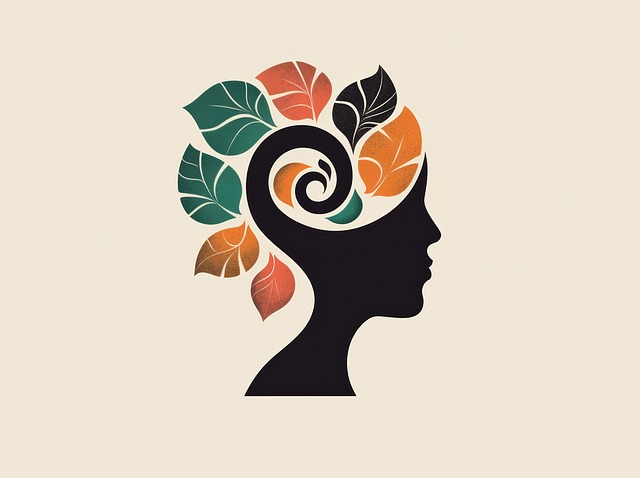For young adult women, effectively managing mood regulation is crucial due to academic pressures, career aspirations, and social expectations. Specialized therapy for young adults' womens issues provides strategies like CBT, mindfulness, and self-care practices to handle stress and emotions. Community outreach programs with compassion cultivation enhance support networks and educate on various therapeutic approaches, fostering mental resilience. Identifying triggers through therapy helps individuals understand unique emotional responses. Lifestyle adjustments, including nutrition, exercise, sleep, and mindfulness meditation, are powerful tools for maintaining emotional balance and enhancing overall well-being.
Mood regulation strategies are essential tools for young adult women navigating emotional challenges. This article explores comprehensive approaches to enhance well-being, focusing on specific issues that impact women. We delve into understanding the basics of mood regulation, identifying unique triggers, and providing evidence-based solutions like CBT and mindfulness practices. Additionally, we discuss lifestyle modifications, emphasizing nutrition, exercise, and sleep as game-changers in managing moods. For young adults facing women’s issues, these strategies offer a roadmap to optimal emotional health.
- Understanding Mood Regulation: Unraveling the Basics of Emotional Well-being for Young Adult Women
- Identifying Triggers: Recognizing Patterns and Stressors Specific to Women's Issues
- Cognitive Behavioral Therapy (CBT): A Powerful Tool for Managing Moods and Overcoming Challenges
- Mindfulness and Meditation Practices: Finding Inner Peace in a Chaotic World
- Lifestyle Modifications: Nutrition, Exercise, and Sleep for Optimal Mood Regulation
Understanding Mood Regulation: Unraveling the Basics of Emotional Well-being for Young Adult Women

Understanding mood regulation is crucial for young adult women navigating their emotional well-being. Emotional health encompasses a complex interplay between thoughts, feelings, and behaviors, all of which contribute to overall mental resilience. For young women, who often face unique challenges such as academic pressures, career aspirations, and social expectations, developing effective mood regulation strategies becomes essential. Therapy for young adults’ women’s issues plays a pivotal role in equipping them with the tools needed to manage stress, process emotions, and foster positive self-care practices.
Community outreach program implementation can significantly enhance these efforts by providing support networks and education on various therapeutic approaches. Incorporating compassion cultivation practices, for instance, has been shown to improve emotional regulation and reduce symptoms of anxiety and depression. By integrating stress management techniques into their daily routines, young adult women can cultivate a sense of balance and resilience, enabling them to navigate life’s complexities with greater equanimity.
Identifying Triggers: Recognizing Patterns and Stressors Specific to Women's Issues

Identifying triggers is a crucial step in managing mood regulation, especially for women navigating unique challenges. Women’s issues often involve complex interplay of biological, social, and cultural factors that can contribute to stress and mental health concerns. Recognizing patterns requires introspection to identify specific stressors—from work-life balance pressures to gender-related biases or societal expectations. These triggers can be subtle, such as certain environments or interactions that evoke anxiety or depression, making it essential for young adults to pay attention to their emotional cues.
Therapy for young adults and specialized programs focused on women’s issues offer valuable support. Mental wellness coaching programs cater to individual needs, helping clients understand their unique triggers through techniques like mindfulness and self-reflection. By developing burnout prevention strategies for healthcare providers, these programs also address the high-stress environment many women face in professional settings. Embracing mind over matter principles allows individuals to reframe thoughts, fostering resilience and better mood regulation.
Cognitive Behavioral Therapy (CBT): A Powerful Tool for Managing Moods and Overcoming Challenges

Cognitive Behavioral Therapy (CBT) has emerged as a highly effective tool for young adults, especially those navigating women’s issues. This form of therapy empowers individuals to challenge and change negative thought patterns and behaviors that contribute to mood disorders and emotional struggles. By identifying distorted thinking and replacing it with more realistic, balanced perspectives, CBT offers a practical approach to managing emotions effectively.
For women facing various challenges, CBT provides valuable strategies such as mindfulness meditation, confidence-boosting techniques, and improved communication skills. It equips them with the means to cope with stress, anxiety, depression, and other common issues that can impact overall well-being. Through CBT, young adults can learn to recognize triggers, develop healthy coping mechanisms, and enhance their ability to navigate life’s complexities with greater resilience.
Mindfulness and Meditation Practices: Finding Inner Peace in a Chaotic World

In today’s fast-paced world, where chaos and stress can often feel overwhelming, mindfulness and meditation practices offer a sanctuary of inner peace for young adults and women navigating womens issues. These ancient techniques have been scientifically proven to be powerful tools in therapy for young adults, fostering resilience building and anxiety relief. By focusing on the present moment and cultivating awareness of one’s thoughts and feelings without judgment, individuals can gain a deeper sense of calm and clarity.
Mindfulness involves paying attention to your senses and emotions as they are, without trying to change them, allowing you to step back from reactive modes and create space for thoughtful responses. Meditation complements this by training the mind to stay focused on a specific object, thought, or activity, such as the breath. Regular practice of these techniques can help in breaking down stressful patterns, improving emotional regulation, and enhancing overall mental health. Incorporating mindfulness into daily routines can be a game-changer in managing womens issues and promoting mental health education programs designed for resilience building.
Lifestyle Modifications: Nutrition, Exercise, and Sleep for Optimal Mood Regulation

Maintaining a balanced mood is a multifaceted endeavor, and lifestyle modifications play a significant role in this process, especially for young adults navigating women’s issues. Nutrition, exercise, and sleep are powerful tools that can significantly impact mental health and overall well-being. For instance, incorporating confidence-boosting foods like omega-3 fatty acids and complex carbohydrates can stabilize mood swings. Regular physical activity is another essential strategy, as it stimulates the release of endorphins, which act as natural mood elevators. Additionally, engaging in self-awareness exercises and mindfulness meditation can help young adults process their emotions and reduce stress levels, creating a more positive mindset.
Adequate sleep is often overlooked but crucial for emotional regulation. Sleep deprivation can lead to irritability, anxiety, and depression. Establishing a consistent sleep routine, practicing good sleep hygiene, and incorporating relaxation techniques before bed can improve sleep quality. By adopting these lifestyle changes, young adults can better manage their moods, enhance their resilience, and foster a sense of control over their mental health—a crucial aspect of therapy for women’s issues.
Mood regulation is a vital aspect of emotional well-being, especially for young adult women navigating life’s challenges. By understanding individual triggers and employing evidence-based strategies like CBT and mindfulness practices, women can effectively manage their moods. Integrating lifestyle modifications such as nutrition, exercise, and sleep into daily routines further enhances overall mood stability. In the context of specific women’s issues, these comprehensive approaches offer a transformative path to emotional resilience, empowering young adults to thrive in a complex world. For those seeking tailored therapy for women’s mental health concerns, cognitive behavioral therapy stands out as a powerful tool for overcoming obstacles and cultivating a brighter, more balanced mindset.

